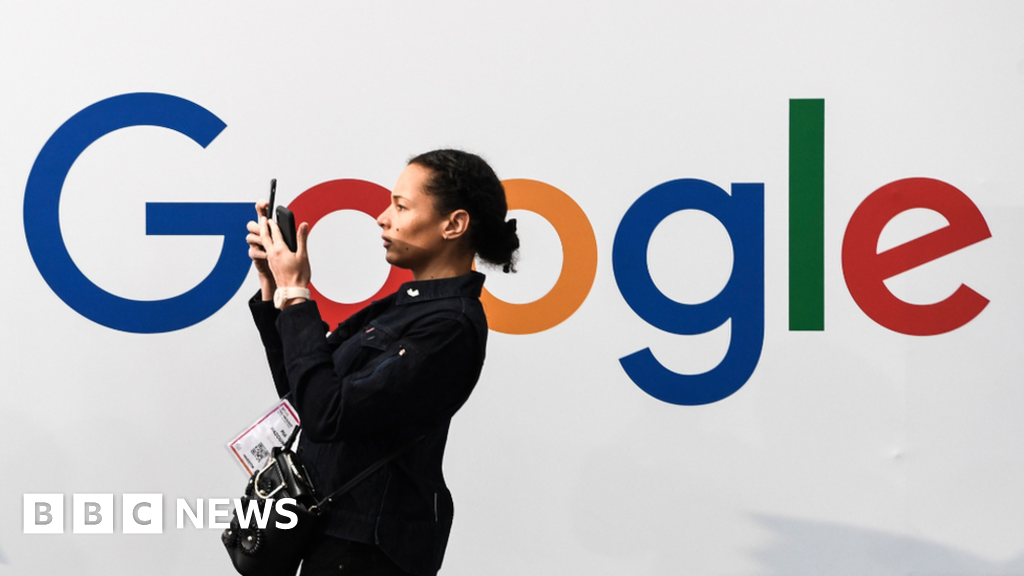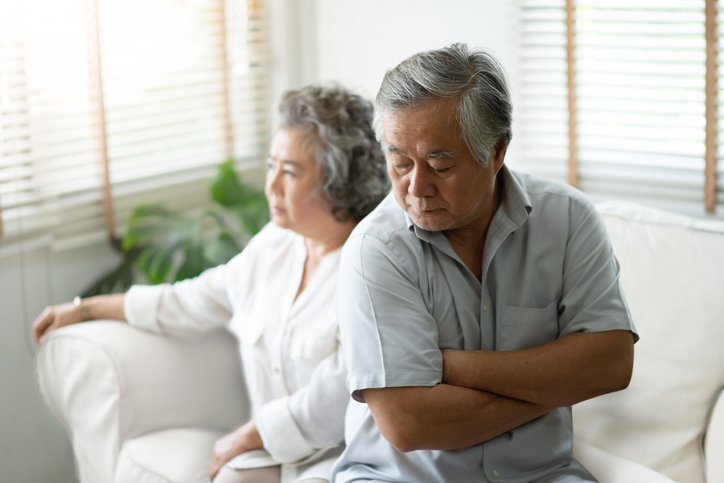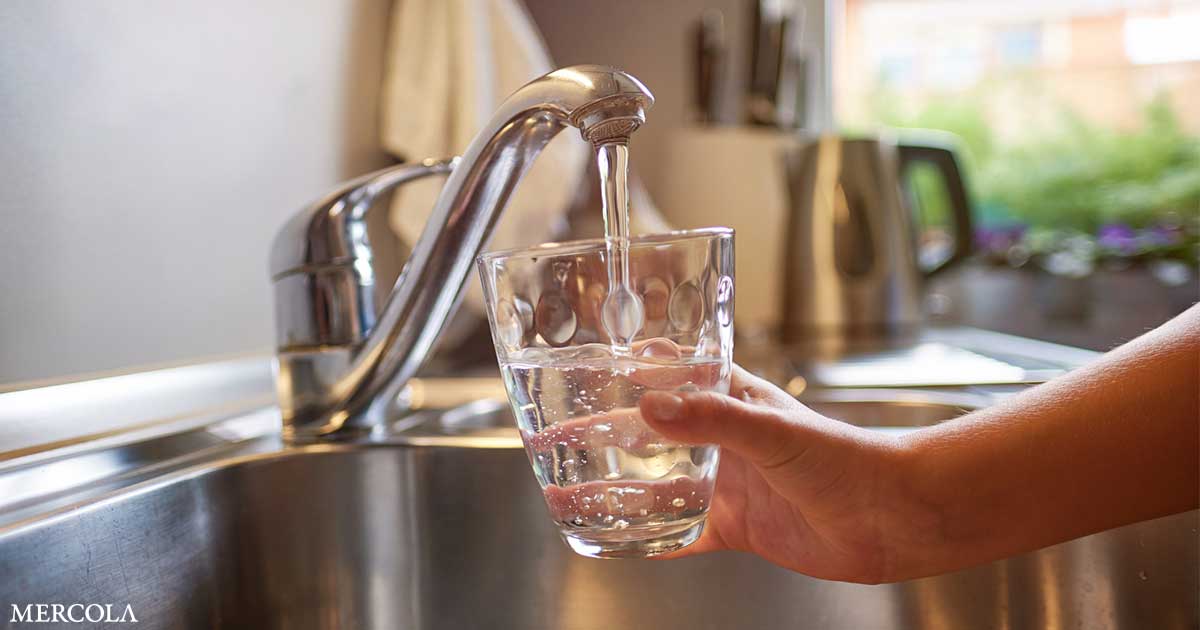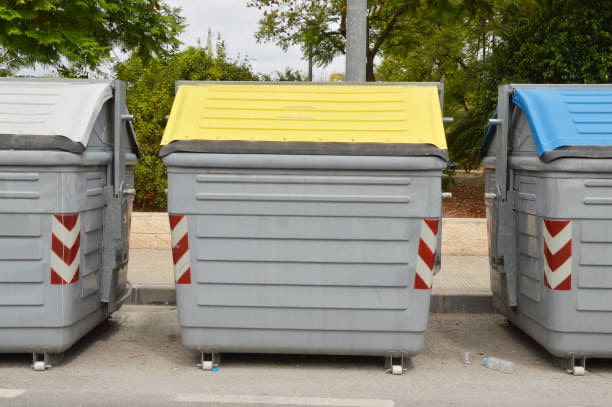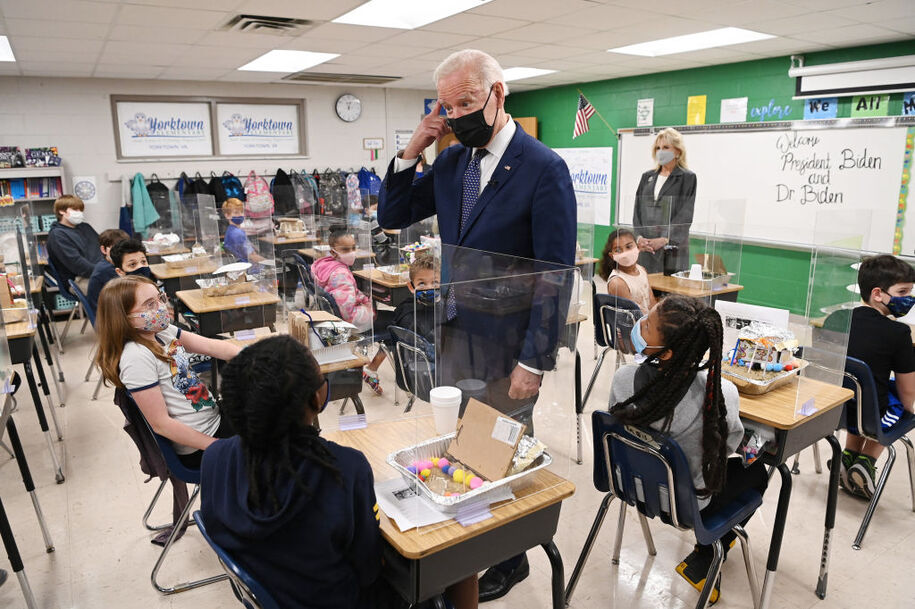Psychological well being on the margins
Discovering psychological well being care that matches a person’s wants is usually a tough and time-consuming job, however it may be significantly irritating for Black individuals and different individuals of coloration. A research revealed within the Worldwide Journal of Well being Providers revealed that Black adults are 20% more likely to expertise psychological well being points than the remainder of the inhabitants. They’re additionally extra prone to witness or be victims of great violent crime, which will increase the chance of growing a psychological well being situation equivalent to post-traumatic stress dysfunction, despair, or anxiousness. Up to now, mainstream psychological well being apps haven’t been as much as the duty of addressing these distinctive stressors.
“A whole lot of mainstream psychological well being apps will not be educated on topics equivalent to racial trauma, race gaslighting, psychological impacts after viral police brutality within the media, colorism, microaggression,” stated Jasmin Pierre, a Black psychological well being advocate. Pierre is the creator of The Safe Place app, a free psychological well being app that caters to Black customers with Black psychological well being statistics, inspirational quotes, self-care ideas for dealing with police brutality, recorded meditations, and respiratory approach tutorials.
Given how institutional racism within the psychological well being trade shapes conventional remedy approaches and views, it isn’t stunning that mainstream apps lack applications and approaches that cater to communities of coloration. Regardless of the “racial reckonings” happening after the summer season of 2020, a number of mainstream well being apps have but to supply any particular applications and assets that instantly tackle the wants of BIPOC customers. (Prism contacted the Calm app for remark in regards to the variety pledges they made final yr, however obtained no response.)
This leaves a troubling lack of accessible and culturally related psychological well being care and assets. Dr Bisma Anwar, whose work facilities round normalizing psychological well being look after individuals of coloration, says tailor-made approaches to psychological well being for minority teams could make an enormous distinction in processes of restoration. Trauma specifically performs a big function within the psychological well being care wants of BIPOC, LGBTQ+, and different underserved communities. However whereas “cultural competence” coaching has been a key aspect of psychological treatment for around 50 years, it’s unclear what number of therapists are skilled to know numerous cultural specificities.
“The world of psychology is admittedly westernized,” Pierre stated. “A whole lot of these textbooks [mental health professionals] learn and studied in faculty had been written by white individuals.”
Moreover, funding for culturally competent coaching and psychological well being remedy growth is scarce.
Bringing related lived experiences into psychological well being
Psychological well being apps’ dearth of applications and remedy that replicate BIPOC lived experiences displays a bigger illustration challenge throughout the psychological well being care trade: Solely 6.2% of psychologists and 21.3% of psychiatrists are members of minority teams, according to the American Psychiatric Association. And statistics revealed by the Nationwide Affiliation on Psychological Sickness (NAMI) reveal that solely 3.7% of members within the American Psychiatric Affiliation and 1.5% of members within the American Psychological Affiliation are Black.
The dearth of BIPOC in psychological well being areas and providers is an issue that Shine, a self-care focused app that facilities BIPOC populations and whose workers is majority BIPOC, is attempting to deal with. The Shine app gives a meditation library, personalised instruments and content material primarily based on the person’s wants, and help from an inclusive neighborhood and psychological well being specialists. The app gives instruments like house for guided journaling, and public boards to share experiences and ask questions on psychological well being. Shine evaluations all of its audio meditations and Sleep Tales by way of a “privilege guidelines” to make sure they’re not “preachy, expensive, or presumptuous.” Which means that a guided meditation recording received’t assume something in regards to the listeners’ race, gender, sexuality, and sophistication, that are assumptions that may generally alienate customers. The Shine app additionally has most of their content material voiced and created by girls of coloration, stated Shine co-founder Naomi Hirabayashi.
Nevertheless, Dr. Anwar warns that whereas minority-specific approaches can provide validation and understanding to individuals of coloration who’re combating psychological sickness, generally the seek for particular care can hinder restoration.
“There’s a stage of development that may come from having somebody perceive and validate your expertise, since you don’t have to elucidate that piece to them,” she stated. “However on the similar time, I feel that there are some issues that may really be talked about and translated [in therapy]. On the finish of the day, you want a very good therapist who is aware of what they’re doing.”
Navigating boundaries to psychological well being care
Regardless of a demonstrated want for psychological well being help and care amongst Black and different marginalized populations, there are additionally cultural boundaries that may hamper entry. In keeping with a research by the American Psychology Affiliation, as much as 85% of Black People describe themselves as “pretty non secular” or “non secular,” they usually generally use prayer as a solution to deal with stress. Pierre’s Secure House app additionally addresses this challenge by way of providing particular coping tricks to cope with psychological well being in non secular settings, however mainstream apps don’t.
“Many Black households are taught that energy and prayer are the one reply, or that remedy is only for white individuals,” Pierre stated. “This mind-set has stopped many within the Black neighborhood from receiving assist. The app helps to normalize looking for psychological well being help, and in a culturally competent means.”
Hesitancy to hunt psychological well being remedy can be rooted in a history of medical racism and violence in the U.S. Discrimination, mistreatment in well being care, misdiagnosis, and racial bias from medical staff are actually discouraging to mentally ailing Black individuals who want affirming areas for therapeutic. Communities that embrace refugees, asyleees, and undocumented individuals additionally struggle with reluctance to seek mental health treatment on account of a scarcity of culturally applicable care and accessibility in languages apart from English. The high costs of mental health care are additionally a substantial deterrent, even for many who have medical insurance—remedy, psychiatric remedy, medicine, clinic visits, and different types of care can shortly add up, particularly for many who require life-long remedy. Poverty can cause or worsen mental illness and in flip, psychological sickness can worsen monetary standing.
Psychological well being apps provide potential options that lack the historical past of trauma from medical mistreatment for BIPOC and different marginalized individuals, so it’s necessary for these apps to deal with their must encourage use. It’s particularly important for these apps to offer care that acknowledges how racialization and generational trauma may have an effect on customers’ psychological well being.
”It’s about addressing the psychological well being challenge, but additionally recognizing [how the everyday] underlying expertise that comes from being an individual of coloration or from one other minority group [includes a] sense of being both discriminated towards or singled out, or not getting sufficient alternatives on account of their racial background or class or another a part of their identification,” Anwar stated.
The absence of recognition for these on a regular basis experiences and their results in most psychological well being apps is what impressed Hirabayashi to co-found the Shine app with Marah Lidey.
“As two girls of coloration, [co-founder] Marah and I each struggled to see our intersectionality addressed in an inclusive means throughout meditation apps, in media, and so forth.,” stated Hirabayashi, who’s biracial Japanese; her co-founder Lidey is Black. “All the pieces from our pores and skin tone, our household dynamics, our monetary background, all of it felt otherized. All the pieces ‘wellness’ felt prefer it was created with one archetype in thoughts. And that wasn’t us.”
Psychological well being care nonetheless prices cash
There are benefits for customers discovering psychological well being care and assets by way of apps—flexibility, no must journey, going at your individual tempo, tailoring applications to your particular wants—however as with conventional areas of psychological well being care, managing psychological sickness by way of apps nonetheless comes at a price. Whereas some apps like The Secure Place depend on donations to take care of operations, most provide solely a small portion of their assets without cost; full entry to their content material requires a paid subscription. Some psychological well being apps like BetterHelp provide sliding scales for on-line remedy providers, however the lowest value stands at $240 a month, which is nearly 20% of the month-to-month minimal wage.
It’s additionally typically unclear how apps that supply remedy vet their psychological well being care suppliers. For instance, BetterHelp’s on-line remedy service was a supply of controversy in October 2018, when customers found small print on the app’s website that read: “We don’t management the standard of the Counselor Providers and we don’t decide whether or not any Counselor is certified to offer any particular service. . . We don’t symbolize to confirm, and don’t assure the verification of, the abilities, levels, {qualifications}, licensure, certification, credentials, competence or background of any Counselor.” Together with others that present on-line remedy providers, BetterHelp has been overwhelmed by individuals in search of remedy throughout the pandemic—however the query of whether or not on-line remedy works because it ought to is difficult to answer.
The excessive price of a few of these apps is one thing Hirabayashi desires the Shine app to deal with as properly, as she believes everybody ought to have entry to instruments that assist them help their psychological well being. And placing accessibility on the coronary heart of Shine’s messaging has all the pieces to do with how Black and Latinx persons are more likely to live in poverty than the general American inhabitants.
“Accessibility is core to Shine’s mission,” Hirabayashi stated. “We deliberately have a free and premium model of the Shine app to verify everybody has entry to Shine content material, irrespective of their disposable earnings.”
Free entry to Shine contains weekday motivational messages and research-backed articles, and each day meditations, together with three brief meditations for the morning, noon, and night that customers can entry at any time. But when customers wish to make the most of Shine’s total meditation library, personalised instruments, neighborhood, and psychological well being specialists, it prices $64.99 a yr.
In the end, psychological well being apps made by BIPOC for BIPOC can assist marginalized individuals discover extra of the help and assets that they want. However mainstream psychological well being apps are nonetheless counting on BIPOC to create applications that tackle their lived experiences as an alternative of placing the work into their very own platforms to assist shut that hole. Additional, it reinforces the concept that the psychological well being of those that aren’t white and and might’t afford care must be handled as an afterthought, reasonably than an space of want that have to be addressed. Whereas the burden shouldn’t at all times be on BIPOC to make up for the deficiencies in any trade, Pierre stated, the irritating actuality is that if BIPOC don’t, no person else will.
“That’s the issue,” she stated. “Why will we at all times need to exhaust ourselves for the sake of the neighborhood, whereas others watch from the sidelines and do nothing?”
Nicole Froio is a author and researcher presently primarily based in Florida. She is engaged on a PhD on masculinity, sexual violence, and the media. She writes about gender in popular culture, in addition to International South and Latinx feminisms and lots of different subjects.
Prism is a BIPOC-led non-profit information outlet that facilities the individuals, locations, and points presently underreported by nationwide media. We’re dedicated to producing the type of journalism that treats Black, Indigenous, and folks of coloration, girls, the LGBTQ+ neighborhood, and different invisibilized teams because the specialists on our personal lived experiences, our resilience, and our fights for justice. Sign up for our email list to get our tales in your inbox, and follow us on Twitter, Facebook, and Instagram.










